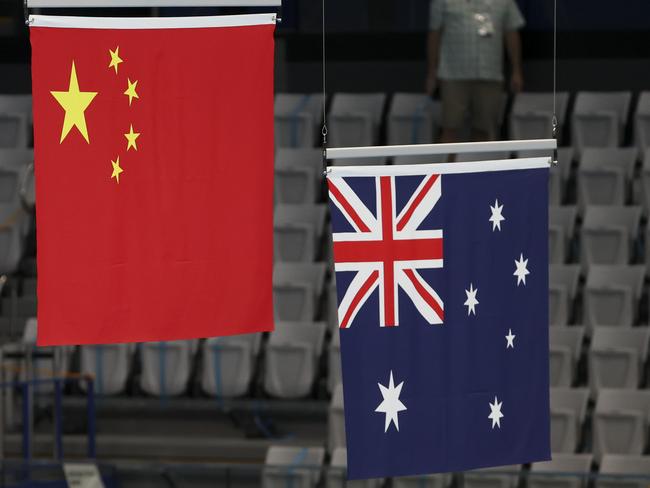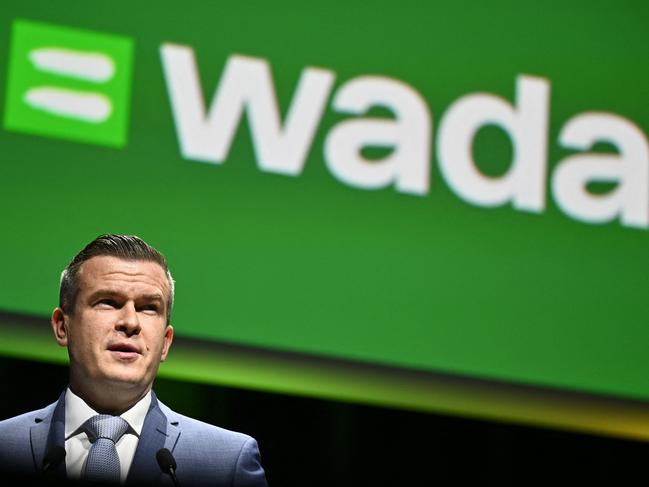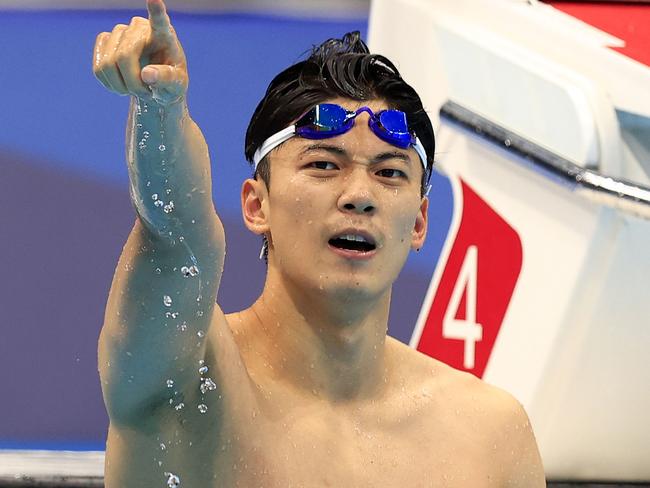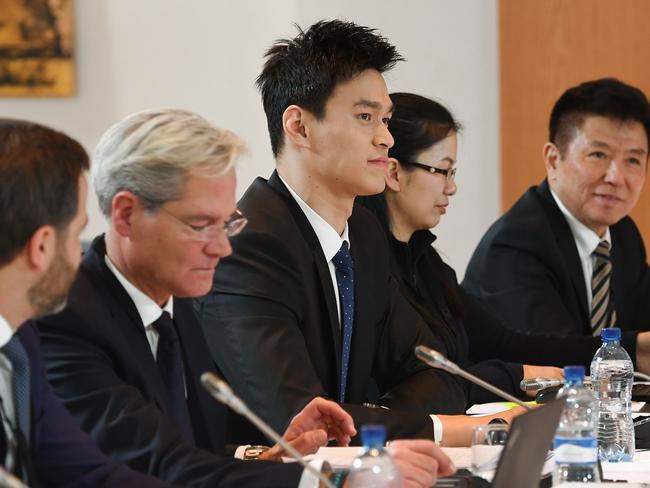WADA sheds no light on whether ‘goalposts’ have moved after acquittal of Chinese swimmers prior to Tokyo Olympics
Australia has asked the question of WADA – in response to the positive drug tests returned by Chinese swimmers prior to the 2021 Olympic Games – whether the ‘goalposts’ have moved. JULIAN LINDEN reports.

Olympics
Don't miss out on the headlines from Olympics. Followed categories will be added to My News.
The World Anti-Doping Agency (WADA) has rejected a request from Australia to properly explain whether the ‘goalposts’ have been moved after nearly two dozen Chinese swimmers were let off after testing positive to a powerful banned heart drug.
Anti-doping regulators around the world have been left scratching their heads about how they should proceed after 23 Chinese swimmers who tested positive to trimetazidine in the lead up to the 2021 Tokyo Olympics, were all cleared with any sanctions whatsoever.
While WADA and World Aquatics both accepted the findings from China’s Ministry of Public Security that the positive rules came from contaminated food, the secrecy behind the case has raised other questions, with the details first revealed by this masthead less than three months before this year’s Paris Olympics.
The biggest anomaly that continues to baffle independent drug-testers is why the Chinese swimmers were not given provisional suspensions before their own investigators deemed that the results were caused by contaminated food from a hotel kitchen.

Normally, athletes who test positive to performance enhancing drugs are automatically stood down until they prove their innocence in accordance with WADA’s strict rules that competitors are ultimately responsible for what they ingest.
WADA has agreed to investigate whether it followed all the correct protocols, but Darren Mullaly, the Australian Minister for Sport’s deputy on the Foundation Board and Executive Committee, asked the agency’s leaders whether the review would include advice on how other national regulatory bodies should deal with similar cases.
“The important question is, if this case was to happen tomorrow, anti-doping organisations around the world need to know what to do so as to ensure that athletes are treated fairly,” Mullaly said.
“Our expectation, given the critical issue of harmonisation, is that the review being conducted needs to provide clarity.
“As we would say in Australia, all stakeholders need to know where the goalposts are.”

The answer he got shed no light on the issue for regulators, with WADA’s legal counsel saying the review wouldn’t even consider the question because their priority was to finish it quickly.
“What is important, in advance of the (Olympic) Games in Paris is that the prosecutor focuses on one, whether WADA did its job in good faith or whether there was any undue bias or interference in the review process on the one hand,” WADA lawyer Ross Wenzel said.
“And secondly, and not least for athlete confidence, whether or not the decision that it reached in good faith, that is the conclusion and without interference, could not reasonably challenge the contamination explanations.
“I think those are the two key questions that need to be answered urgently in advance of the Games. The more questions there are, the more people that are involved in that process, the longer it will take.”

Meanwhile, US politicians have urged the FBI and the Department of Justice to investigate the case under the Rodchenkov Anti-Doping Act, which was passed into law by The act allows the US government to impose sanctions on people involved in international doping fraud conspiracies and seek restitution for victims.
“This scandal raises serious legal, ethical, and competitive concerns and may constitute a broader state-sponsored strategy by the People’s Republic of China (PRC) to unfairly compete at the Olympic Games in ways Russia has previously done,” senator John Moolenaar wrote in a letter.
“It is imperative to assess whether these alleged doping practices were state-sponsored, which could warrant further diplomatic measures by the United States and the international community.”
More Coverage
Originally published as WADA sheds no light on whether ‘goalposts’ have moved after acquittal of Chinese swimmers prior to Tokyo Olympics





